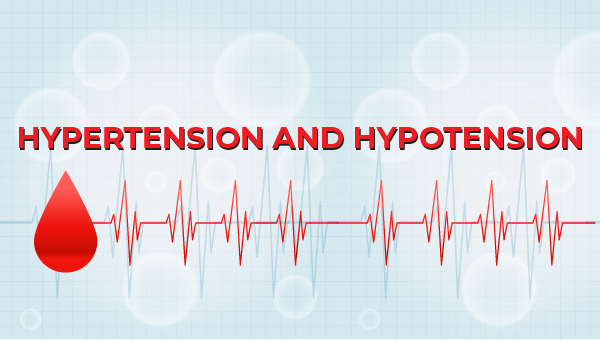UNDERSTANDING BLOOD PRESSURE: HYPERTENSION AND HYPOTENSION
May 03, 2023
Blood pressure (BP) is the measure of the force of blood pushing against the walls of the arteries as it flows through them. It is expressed as two numbers: systolic pressure (the higher number) and diastolic pressure (the lower number). Systolic pressure measures the force of blood against the arterial walls when the heart contracts, while diastolic pressure measures the force of blood against the arterial walls when the heart is at rest between beats. Blood pressure is measured in millimeters of mercury (mmHg) and is typically written as systolic/diastolic, for example, 120/80 mmHg. High blood pressure, or hypertension, occurs when the force of blood against the arterial walls is consistently elevated, which can increase the risk of several health problems, including heart disease, stroke, and kidney disease.
Hypertension, also known as high blood pressure, is a medical condition in which the blood pressure in the arteries is consistently elevated. Blood pressure is the force of blood against the walls of arteries as it circulates through the body. In hypertension, the increased pressure can cause damage to the blood vessels and organs, such as the heart, kidneys, brain, and eyes. Hypertension is a major risk factor for heart disease, stroke, and other related health problems, and it is often called the "silent killer" because it can have no symptoms until a serious complication occurs. Hypertension can be managed through lifestyle changes, medication, or a combination of both.
Hypotension is a condition characterized by low blood pressure, meaning that the pressure of blood flowing through the arteries is lower than normal. In general, hypotension is defined as having a systolic blood pressure (the top number) below 90 mm Hg or a diastolic blood pressure (the bottom number) below 60 mm Hg. Hypotension can cause symptoms such as dizziness, fainting, nausea, blurred vision, fatigue, and difficulty concentrating. It can be caused by various factors, including dehydration, blood loss, heart problems, endocrine disorders, and certain medications. Mild hypotension is generally not a cause for concern, but severe or prolonged hypotension can be a medical emergency and requires immediate treatment.
When blood pressure is too high (hypertension), it can cause damage to the arteries and organs over time, leading to serious health problems like heart disease, stroke, kidney disease, and vision loss. High blood pressure often has no symptoms, so it's important to have it checked regularly by a healthcare provider and take steps to manage it if it's high. On the other hand, low blood pressure (hypotension) can also cause health problems, such as fainting, dizziness, and inadequate blood flow to vital organs. Therefore, maintaining a healthy blood pressure level is crucial for overall health and well-being.
Root Causes of Hypertension:
Genetics and family history: If hypertension runs in your family, you may be at a higher risk of developing it.
Age: As you get older, your risk of developing hypertension increases.
Lifestyle factors: An unhealthy diet, lack of physical activity, smoking, and excessive alcohol consumption can increase your risk of hypertension.
Being overweight or obese: Being overweight or obese puts extra strain on your heart and blood vessels, increasing your risk of hypertension.
Medical conditions: Certain medical conditions like sleep apnea, diabetes, and kidney disease can increase your risk of developing hypertension.
Stress: Chronic stress can cause hormonal changes in the body, leading to an increase in blood pressure.
Causes of Hypotension:
Dehydration: When the body loses more water than it takes in, it can lead to a drop in blood pressure.
Medications: Certain medications like diuretics and beta-blockers can lower blood pressure.
Heart conditions: Heart problems like bradycardia (slow heart rate), heart valve problems, or a heart attack can lead to hypotension.
Endocrine problems: Disorders of the endocrine system, such as low blood sugar (hypoglycemia), Addison's disease, and diabetes, can cause hypotension.
Pregnancy: In some cases, pregnant women may experience a drop in blood pressure, particularly during the first 24 weeks of pregnancy.
Anaphylaxis: A severe and potentially life-threatening allergic reaction can cause a sudden drop in blood pressure.
Symptoms
The symptoms of hypertension and hypotension can vary depending on the severity and individual.
Symptoms of hypertension may include:
Headaches
Shortness of breath
Nosebleeds
Fatigue or confusion
Chest pain
Irregular heartbeat
Vision problems
Blood in urine
However, many people with hypertension may not experience any symptoms, which is why it is often referred to as the "silent killer."
Symptoms of hypotension may include:
Dizziness or lightheadedness
Fainting
Blurred vision
Nausea
Fatigue
Cold, clammy skin
Rapid or shallow breathing
Lack of concentration
If you are experiencing any of these symptoms, it is important to consult a healthcare professional for a proper diagnosis and treatment plan.
Remedies & Medication:
It is important to note that both hypertension and hypotension can have multiple causes, and some cases may not have an obvious cause. It is always best to consult a healthcare professional if you experience persistent high or low blood pressure to determine the underlying cause and receive appropriate treatment.
The treatment of high or low blood pressure depends on the underlying cause and severity of the condition. Here are some remedies and medications that may be used to control blood pressure:
Remedies for Hypertension:
Maintain a healthy weight: Losing excess weight can help reduce high blood pressure. Even a small amount of weight loss can make a significant difference.
Regular exercise: Aim for at least 30 minutes of moderate-intensity exercise most days of the week.
Healthy diet: A diet rich in fruits, vegetables, whole grains, and lean protein can help lower blood pressure. Limit foods high in saturated and trans fats, sodium, and added sugars.
Reduce sodium intake: A high-sodium diet can increase blood pressure in some people. Reducing sodium intake can help lower blood pressure.
Limit alcohol: Drinking too much alcohol can raise blood pressure. Limiting alcohol intake can help lower blood pressure.
Manage stress: Stress can raise blood pressure. Techniques such as deep breathing, meditation, or yoga can help manage stress.
Medications for Hypertension:
Diuretics: These medications help your body get rid of excess sodium and water, which can lower blood pressure.
Angiotensin-converting enzyme (ACE) inhibitors: These medications help relax blood vessels and lower blood pressure.
Angiotensin II receptor blockers (ARBs): These medications block the effects of angiotensin, a hormone that narrows blood vessels and increases blood pressure.
Calcium channel blockers: These medications help relax blood vessels and lower blood pressure.
Beta-blockers: These medications help slow the heart rate and lower blood pressure.
Aldosterone antagonists: These medications can help reduce the amount of salt and water in the body, which can lower blood pressure.
Remedies for Hypotension:
Increase salt intake: Adding more salt to your diet can help increase blood pressure. However, this should be done under the guidance of a doctor, as too much salt can be harmful to some people.
Drink more fluids: Staying hydrated can help increase blood volume and raise blood pressure.
Wear compression stockings: Compression stockings help reduce the amount of blood that pools in the legs and can help raise blood pressure.
Change positions slowly: Moving slowly from a lying or sitting position can help prevent a sudden drop in blood pressure.
Medications: In some cases, medications such as fludrocortisone, midodrine, or octreotide may be used to treat hypotension.
It's important to remember that both hypertension and hypotension can have serious health consequences if left untreated. Consultation with a healthcare provider is important to determine the underlying cause and appropriate treatment for any blood pressure abnormalities.
Blood pressure (BP) is an essential vital sign used to measure the force of blood pushing against the walls of arteries as it circulates through the body. Hypertension occurs when blood pressure is consistently elevated, increasing the risk of health problems such as heart disease, stroke, and kidney disease. On the other hand, hypotension is a condition where blood pressure is lower than normal, and it can lead to symptoms such as dizziness, fainting, and inadequate blood flow to vital organs. In both cases, it is important to maintain healthy blood pressure levels to prevent complications. Factors such as genetics, age, lifestyle, and underlying medical conditions can cause hypertension or hypotension. Treatment options vary and may include medication, lifestyle changes, or a combination of both. If you experience persistent high or low blood pressure, it is essential to seek medical advice from a healthcare professional.
DISCLAIMER: This article is the property of Pharmacy Bazar and is protected by copyright laws. The information provided in this article is for educational and informational purposes only and is not intended to be a substitute for professional medical advice, diagnosis, or treatment. Always seek the advice of a qualified healthcare provider with any questions you may have regarding a medical condition. Never disregard professional medical advice or delay in seeking it because of something you have read in this article. The author and publisher of this article do not endorse any specific treatments, procedures, or products mentioned in this article.
Recent Post
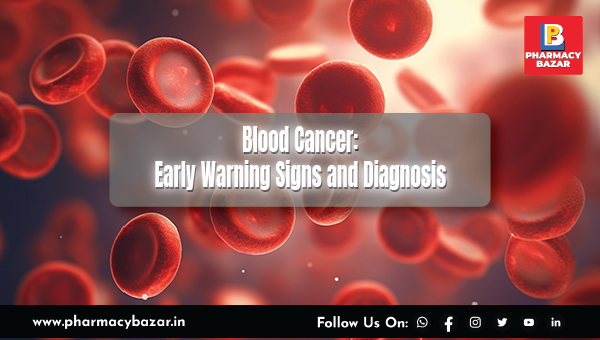
Blood Cancer: Early Warning Signs and Diagnosis
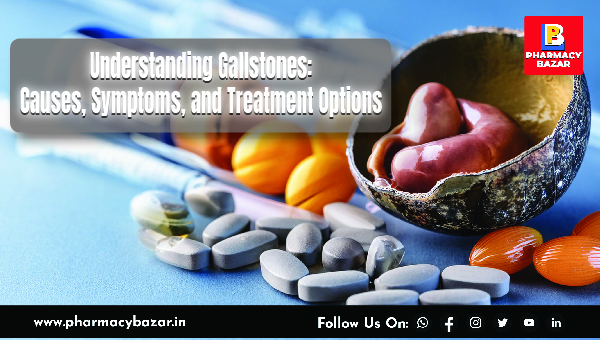
Understanding Gallstones: Causes, Symptoms, and Treatment Options
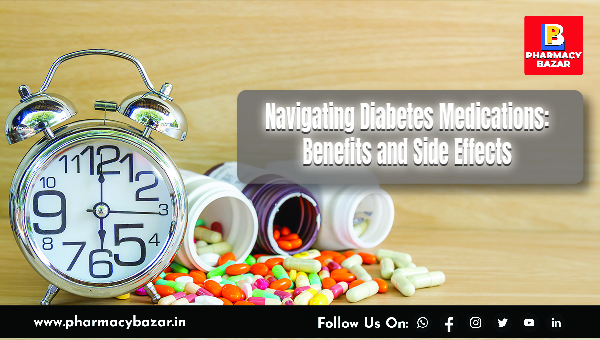
Navigating Diabetes Medications: Benefits and Side Effects
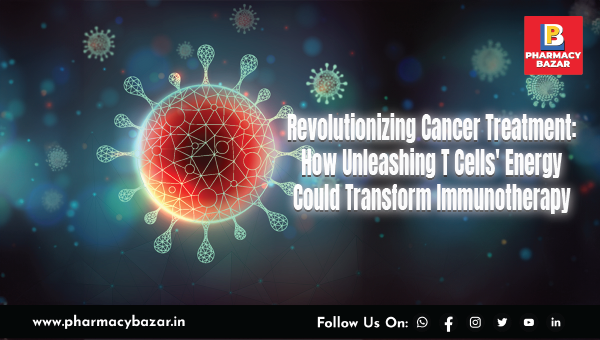
Revolutionizing Cancer Treatment: How Unleashing T Cells' Energy Could Transform Immunotherapy

The Power of Lower Back Stretches: Benefits and Best Yoga Asanas for a Healthy Spine
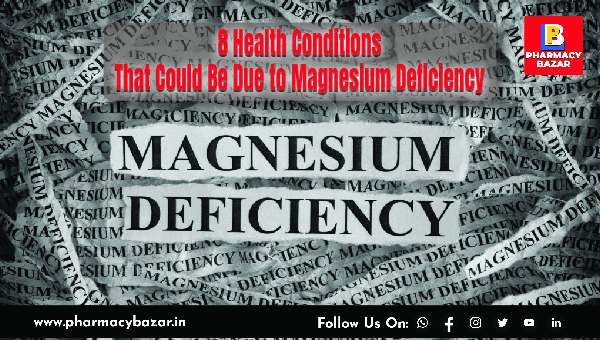
8 Health Conditions That Could Be Due to Magnesium Deficiency
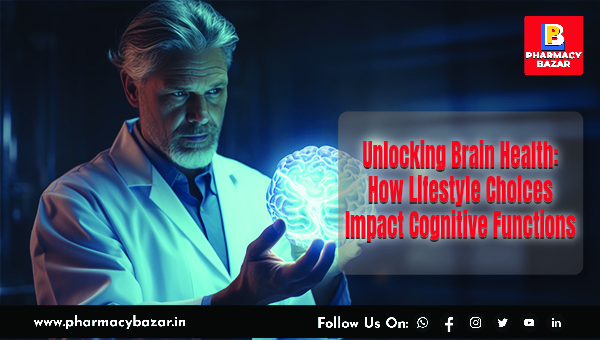
Unlocking Brain Health: How Lifestyle Choices Impact Cognitive Functions
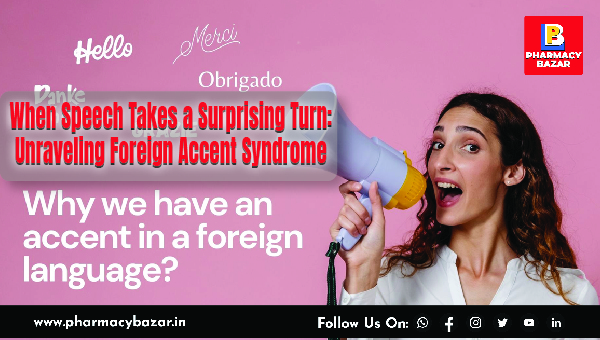
When Speech Takes a Surprising Turn: Unraveling Foreign Accent Syndrome

The Optimal Time to Take Your Vitamin D Supplement: Insights and Best Practices
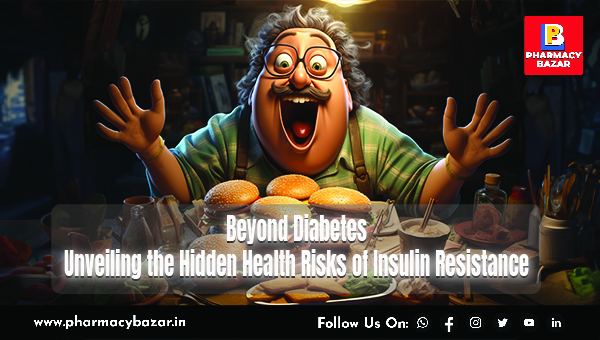
Beyond Diabetes: Unveiling the Hidden Health Risks of Insulin Resistance

